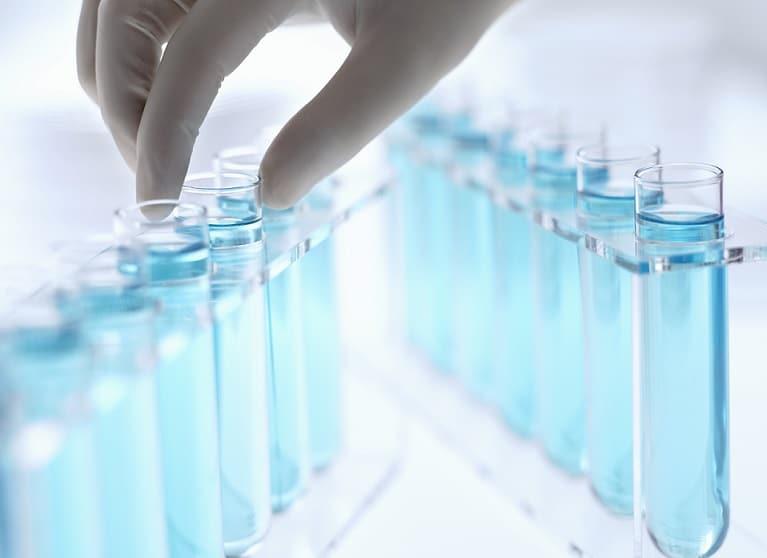In cases where DNA purification is inefficient, the resulting DNA sample may have become degraded or contaminated by compounds that interfere with the PCR process. In such DNA preparations, the performance of PCR analysis will not be optimal. DNA degradation will reduce the sensitivity of PCR amplification. Some contaminants may reduce the efficiency of PCR amplification while some others may alter the specificity with which primers interact with the DNA template, resulting in the production of artifactual PCR products that greatly confuse the interpretation of results.
Contaminants that lead to artifactual PCR products can lead to false positives (i.e., classification of a sample as containing genetically modified soy/corn/canola when in fact it does not), while contaminants or degradation problems that reduce PCR efficiency can lead to false negatives (i.e., classification of a sample as free of genetically modified material when in fact it contains such material). Either of these incorrect results can lead to worse-case scenarios and even economic disaster for the buyer or seller of a food product.
FoodChain ID Testing employs DNA purification methods that make use of powerful denaturants and DNA-selective reagents that are specifically designed to avoid DNA degradation and to remove contaminants that could inhibit the PCR reaction or generate artifactual DNA template-primer interactions.

